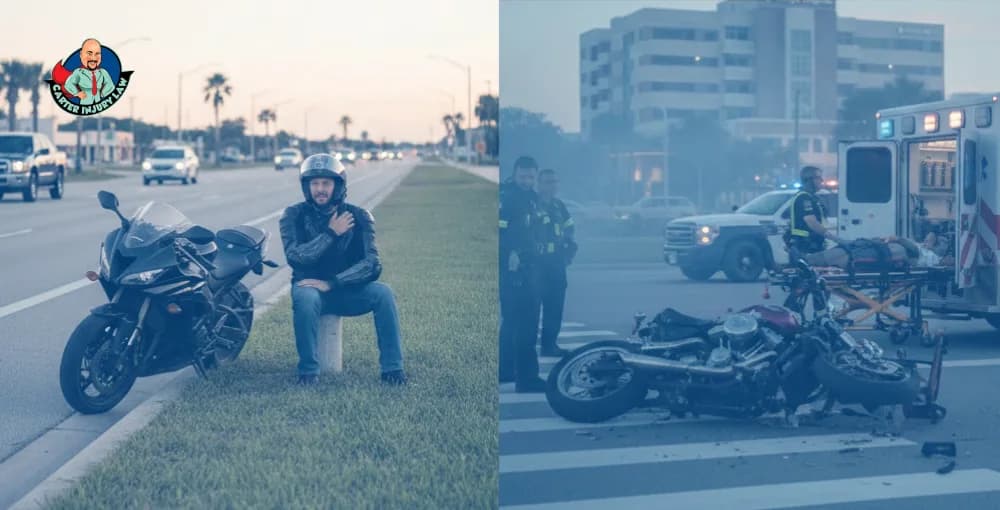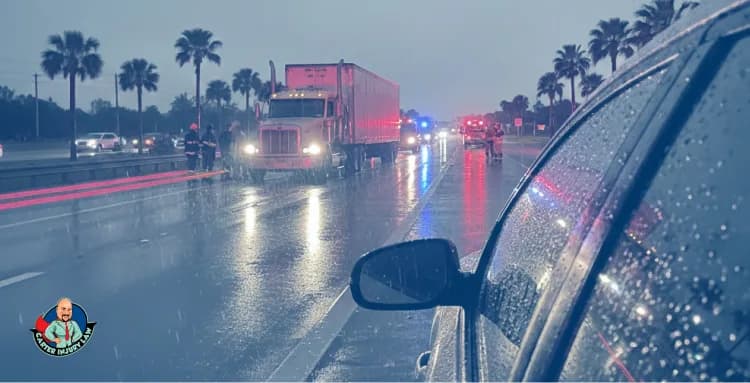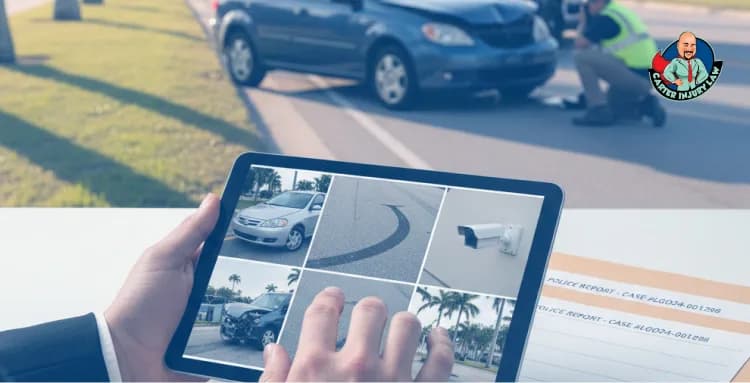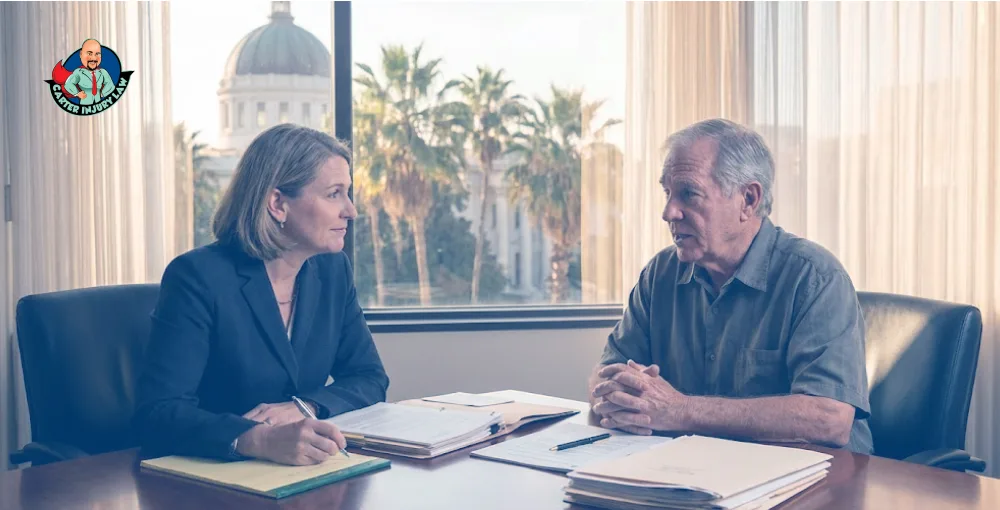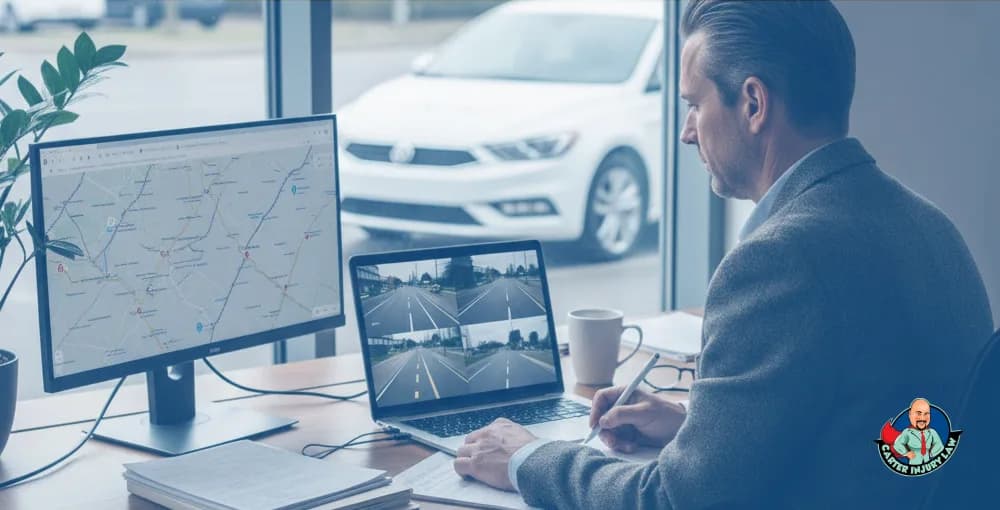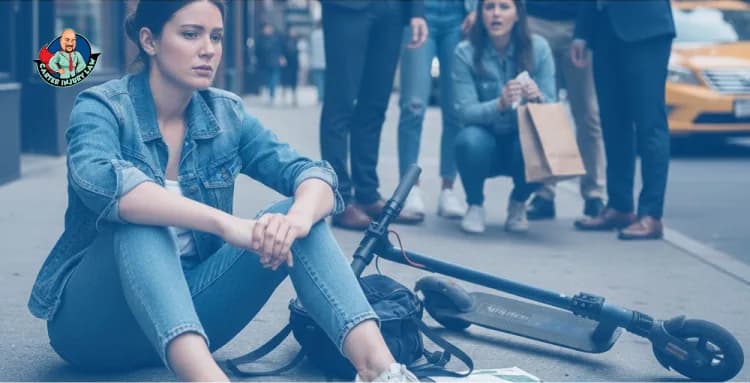Do you need a lawyer after a car accident? From where I stand, I say not everyone does, but far more people than you might think do. A single recorded statement, a missed filing date, an overlooked lien, any one of those small things can collapse a claim long before anyone argues the bigger truths.
The next phone call you take, the next checkbox you check, and the next form you sign will decide whether the system remembers you as a person who needs care or as a file that got closed for a number on a spreadsheet. What happens after that call is the rest of the story, and it is not always what it looks like on the surface.
(1) The Florida System Isn’t Built for the Injured
I tell clients early, plainly, that Florida’s system looks like a lifeline until you pull at the weave and find out whose hands made it. On paper the state requires Personal Injury Protection, the PIP everyone quotes as the quick fix for medical bills, it even sounds comforting, 24 syllables that promise help.
In practice PIP often means $10,000 in immediate medical and disability benefits and then a series of exclusions, denials, and billing fights that most people never signed up to go through. The statutes still put that first layer between the injured and the courts, so many claims never reach a jury because the coverages and the rules stop them cold.
When you are told you can sue only for a “serious” injury, that is not lawyerly hyperbole but a statutory gate. Florida defines serious bodily injury in narrow, surgical terms, significant and permanent loss of an important bodily function, permanent injury within a reasonable medical probability, significant and permanent scarring or disfigurement, or death.
What that does, in real life, is force a binary conversation about our suffering, where judges and adjusters parse permanence with the same tools they use to parse bills. For someone with injuries that flare and recede, the law writes them out of the part of the story that pays for pain and life disruption
And yes, there are political tectonics under this ground. Lawmakers have tried to untangle or rewrite the no-fault framework, most notably with a 2025 bill that would have repealed the PIP mandate and shifted minimum liability limits, a proposal that made noise but did not become settled law.
The proposal advanced through parts of the House last session, but it stalled before it became the new rulebook for how Floridians recover after crashes. For now the old architecture stays in place, even as the conversation about replacing it continues to grow.
(2) Insurance Companies Speak a Different Language
In Florida, your PIP coverage is supposed to be the quick first line of care. An ambulance ride, an ER visit, and the first week of physical therapy can chew through that protection, leaving you in the awkward position of having medical needs and no clear way to make full recovery payments.
Adjusters ask for recorded statements early, sometimes the same day, and they do so for a reason. You are not required under Florida law to give a recorded interview to the other driver’s insurer, and even with your own carrier you can insist on time to get counsel before recounting the crash. Those few sentences you give, off the cuff and still raw, are often replayed, clipped, and used to argue you were not as hurt as you later say you were.
If words do not do the job, images and timing often will. Insurance companies routinely hire investigators to film and photograph claimants, looking for moments that can be taken out of context. A single clip of someone lifting a bag or walking a short distance can be framed as evidence that serious injury is not present, even when the same person limps at home and needs medication.
Cars that look fine at the curb may hide value loss that never appears on an adjuster’s estimate. Florida recognizes diminished value claims, so a car that has been repaired can still be worth less, and that loss is real when someone tries to sell or trade their vehicle. Yet diminished value often requires appraisal, valuation reports, or expert testimony to persuade a carrier to pay, and most people do not know to ask for that until it is too late.
Under the statute now in force, the calendar itself can cut a claim off. For crashes occurring on or after March 24, 2023, Floridians generally have just 2 years from the date of injury to file a negligence suit. That is two years counting from the day the car hit you, not from the day the pain became unbearable or the day you finally saw a specialist. Miss that window and the courthouse door is closed, regardless of how clearly the facts line up.
(3) Experts, Evidence, and the Arithmetic of Fault
When I tell someone that hiring a lawyer changes the shape of their claim, I do not mean theatrics or courtroom drama, I mean ingredients and timing. A case is a recipe made of facts, experts, and papers, and the moment you add the right experts, the whole dish tastes different. I call accident reconstructionists to map velocities and points of impact.
I also work with electronic data recovery specialists to pull the event data recorder from a modern car, and I consult vocational specialists when a client will not be able to return to the job they had. Those pieces stop insurance companies from making the argument that your injuries are speculative or unrelated.
Fault, in Florida now, is a number that decides whether you get anything at all, and if you do, how much. The state’s comparative fault rules mean that if a fact finder puts more than 50% of the blame on you, recovery is barred altogether, and if you are 50% or less at fault, your recovery will be reduced by your percentage of blame.
That legal math is why I build a case that narrows the fault fight to disputed technicalities, not to the fog of memory. We collect witness statements, traffic camera clips, expert reports, and cell phone records so that the question of blame becomes a careful tally, not a he said she said.
(4) Protection From UIM, Discovery and litigation
There are practical battles that never make the headlines but determine how much money a person actually walks away with. Uninsured and underinsured motorist coverage is offered and can be rejected in writing, which means many motorists discover their protective options only after they need them, and providers and government agencies can assert liens against recoveries that are sometimes higher than the client expects.
I spend a lot of time identifying every potential lien and subrogation claim, sending the notices the law requires, and negotiating reductions so the settlement actually leaves something for the injured person. Those negotiations are technical, statutory, and often county-specific, so having counsel who knows where to look saves clients from painful surprises.
Finally, the litigation process itself is a tool, not a threat. Filing suit opens discovery, which means depositions, document requests, and sworn answers, and those processes pull loose anything the other side hoped to hide. An insurer that lowballed in the early months will sometimes change its tune when faced with expert reports and a discovery schedule that moves toward trial readiness.
I have settled many cases on the courthouse steps, after the file became so clear and costly to defend that the defense had no appetite for a jury. Knowing when to push to sue and when to settle takes judgment, and that judgment is what legal representation buys you more than anything else.
(5) Plain Answers, Timely Action and Money That Stays Yours
I tell people frankly how we work. We take these cases on contingency, which means you pay nothing up front, and you do not owe us unless we recover for you. That arrangement aligns our work with yours, it forces me to move quickly and prudently, and it keeps the decision about hiring counsel from being another burden on someone who already has too many burdens. I also explain fees and likely costs at the first meeting so there are no surprises when the final accounting comes.
Florida’s system will never be as simple as the brochures make it sound, and that is the honest critique I carry into every conference room and deposition. If you are tired of legalese, here is the plain part I say to clients before anything else, with no flourish and no spin. I will take the complicated pieces off your plate, I will make sure deadlines are met and notices are sent, and I will fight to keep every dollar that should be yours in your pocket, instead of paying unseen liens and surprises.
That is how a lawyer changes the practical outcome of a claim in Florida, quietly and stubbornly, long before anyone mentions a courtroom.




